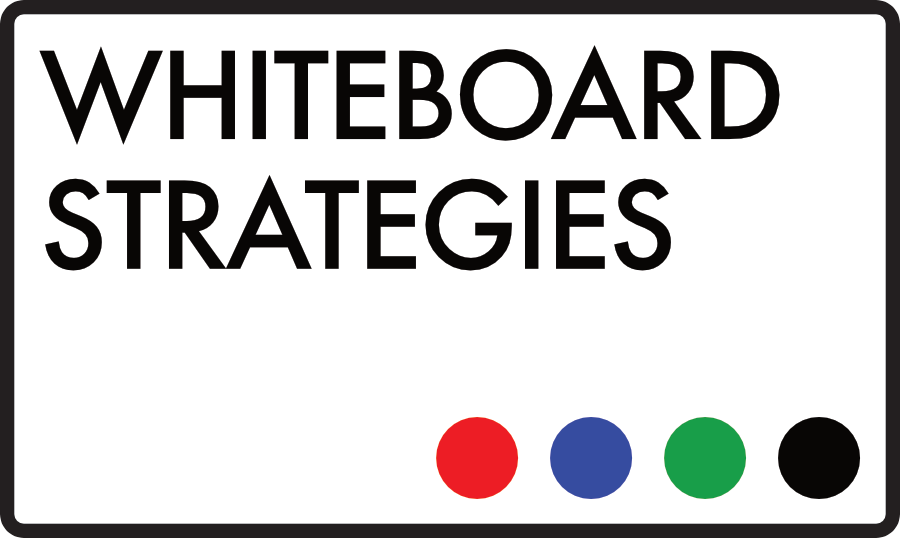Things used to be simpler in sales. We used to be given a number – a number that, generally, was just that little bit out of reach… At the end of the quarter we hustled hard to ensure that we hit that number. If we didn’t, we got the kind of public dressing down that you would get fired for dishing out these days. Then we worked harder to hit number in the next quarter. Some people missed their number too often, so they were let go.
It was tough but it was transparent. We knew where we stood, our leaders knew where they stood. It was a clear, self-regulating system that constantly found and disposed of any weak links and kept the rest of us pushing on. Someone used a great phrase in a comment on one of my Linkedin articles – they said that the old sales floor gave reps “nowhere to hide, but everywhere to shine”.
“But Mark,” you’re thinking, “these aren’t the ‘good old days’, and my managers would have unfair dismissal suits on their hands if they started binning sales reps just because they can’t do their jobs”. You’re right, but there are things you can do to open things up again. Modern sales organisations tend to muddy the waters when it comes to hierarchy and accountability. CRM plays its part in that, and so does the poor structure of many sales teams. So, the first thing to do is to clear the waters – ensure that your teams are structured efficiently, that accountability is clarified and understood, and that your lines of vision are unobstructed (either deliberately or accidentally) by CRM forecasts and reporting.
We need to strip the sales floor out, get it back to the bare brick and start over – we can only put the nice bells and whistles on to help our teams once the structural work’s been carried out.
Visualise a pyramid. That’s what a sales organisation should look like, even for a sprawling, globally dispersed sales force. Sub-team hierarchies should all fit into that overall pyramid. At the top of your pyramid is your Global Sales Director, or whatever they might be called in your own brand of corporate speak. That might be you, it might be your boss. But there should be one of them. Under them you want a clearly delineated, clearly defined management structure. No ranks of middle management that only exist to ensure some middle-term staff retention. Under the management are individual team heads, and their teams of reps below them. Everyone knows their job; everyone is accountable for their actions. Everyone answers to the people a level above them, except the global director who has got the CEO and stakeholders to worry about. It’s clear. It works.
Then you need to ensure that the pyramid works properly. Ranks of managers lost deep down the Salesforce.com rabbit hole encourages ‘glass tower’ management and leaders with a fundamental lack of understanding of conditions on the ground. If your hiring and ramping up has been done right, you should have capable, driven sales reps who thrive on the motivation and focus that comes from proper leadership. You need to be conceiving and delivering a sales strategy that plays to their strengths while gently but deliberately pushing them on. You should (obviously) be raging against arbitrary quarterly targets drip-fed from clueless shareholders via weak accounts departments.
The ‘As Is’ situation for most sales organisations is a nightmare – bloated middle management creating a massive disconnect between frontline sales teams on the one hand, and target setters and directors on the other. Management have no real direction due to weak leadership, a lack of marketplace knowledge, and a lack of understanding of how their teams are really performing due to some murky, self-saving CRM practices on the part of other managers and reps.
Open your eyes to it, and clarify it all from the top down. Clarify who targets are set by, how they are set and why. Clarify strategy with clearly definable intentions and goals. Clarify who is accountable for what, who is answerable to who, where the buck stops and why. Restructure your teams to give you best line of sight from the top of your sales force all the way through to the boots on the ground. Encourage proper relationships, open discussion and honest reporting from reps to managers and from managers upwards.
I wrote an article on this last year and called it ‘The Kingdom of the Blind’. I finished that piece by referencing Erasmus’s famous claim that in the kingdom of the blind the one eyed man is king. I’ve changed my mind though – this isn’t about blindness, it’s about choosing to keep your eyes closed, or letting someone stand in front of you so you can’t see what’s going on. Every week I sit in sales departments across Europe, Asia, Oz and the US, and wonder who will be first to open their eyes…
Interested? Let’s talk. This idea would be better drawn than explained, in a lot of ways – I’d love to come to your offices and walk you through it.

Recent Comments